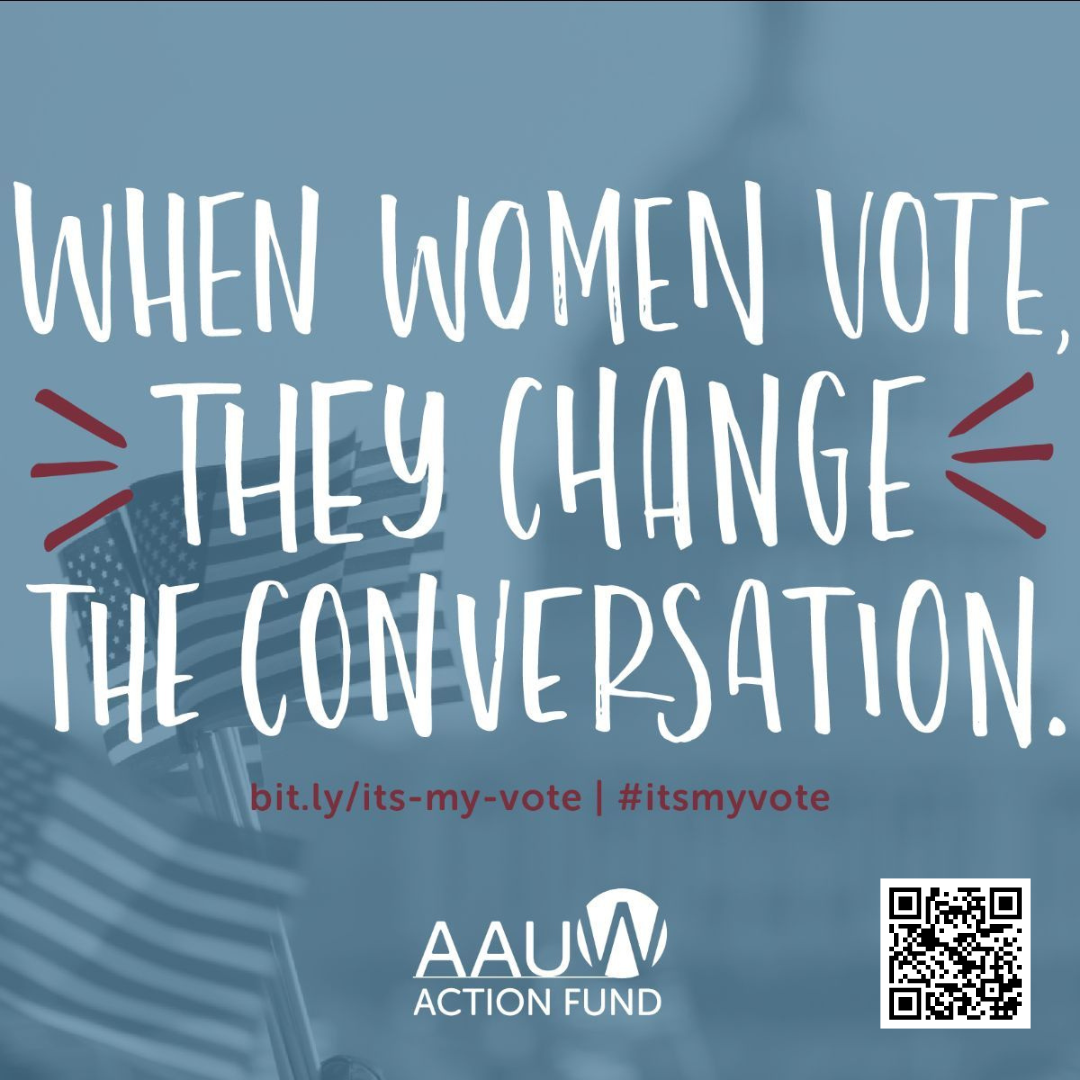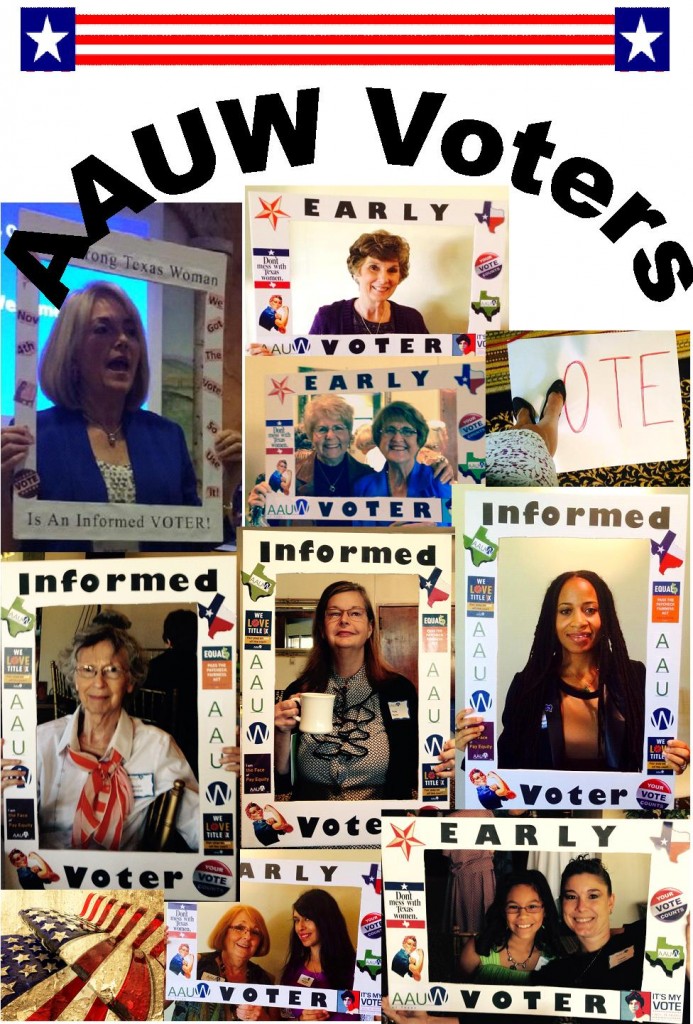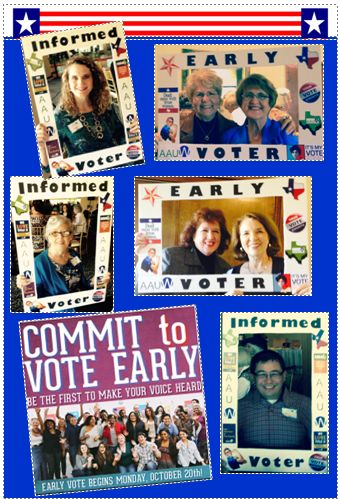The March 2026 Primary Election
A primary election is an initial round of voting where voters choose which candidate will represent a specific political party in the upcoming general election. Think of it as the “nomination phase”. It narrows down a field of candidates to just one from each party. You can only vote in one party’s primary per election cycle.
Your vote often matters more in a primary than in the fall election because a smaller share of people vote, and because of gerrymandering and noncompetitive elections. In Texas, who’ll run the state is usually decided in the spring primary election! Unless you live in one of the rare House districts with a relatively even partisan balance, your best way of impacting Texas legislative and congressional elections is by voting in the primary.
Prepare to make an informed decisions by learning about the candidates.
Deadlines to keep in mind for the election:
- Monday, February 2, 2026 Last day to register to vote or make a change of address to be able to vote in the primary
- Tuesday, February 17, 2026 – First day of early voting
- Friday, February 27, 2026 – Last day of early voting
- Tuesday, March 3, 2026 – Primary Election Day
Important information for mail-in ballots
- Tuesday, March 3, 2025 at 7:00 p.m. Last day to Receive Ballot by Mail if carrier envelope is not postmarked, OR Wednesday, March 4, 2025 (next business day after Election Day) at 5:00 p.m. if carrier envelope is postmarked by 7:00 p.m. on March 3.
- Important note about mailing ballots: U.S. Postmaster General David Steiner acknowledged the new regulation and transportation operations had sparked “a lot of confusion,” about speed at which mail is delivered. Steiner recently urged the election officials to inform voters that they can request manual postmarks at post offices with a date that reflects when the ballot was mailed. He promised that the agency would continue to take steps to prioritize the timely delivery of election mail, but said voters need to mail ballots at least a week before the receipt deadline, election day. “We want to make sure that every ballot is delivered, and mailing early is a big part of that,” he said. Refer to Postmarking Myths and Facts
If no candidate receives a majority of the vote in the primary, the top two vote-getters will compete in a runoff. Of note: whichever primary you decide to vote in, you can vote only in that same party’s runoff. You can, however, vote for either party’s candidates in the general election in November.
- Tuesday, May 26, 2026 Runoff Election
Texas Voting Resources
Voting
Texas Secretary of State – Elections Division
https://www.votetexas.gov
For Texans seeking official information on voter registration, voting options, election dates, find your polling places, and voting resources.
Vote.org
https://www.vote.org
For organizations with people across multiple states needing nonpartisan voting tools.
Who represents me?
Texas Legislature – Who Represents Me?
https://wrm.capitol.texas.gov/home
For Texans identifying their state and federal elected officials by address.
USA.gov – Elected Officials
https://www.usa.gov/elected-officials
For anyone looking up federal offices and roles across the U.S. government.
Ballot Info
Texas Secretary of State – Ballot Information
https://www.votetexas.gov
For Texans looking up official ballot content and local races by county.
Ballotpedia
https://ballotpedia.org
For neutral, nonpartisan election information nationwide.
Campaign Finance
Texas Ethics Commission
https://www.ethics.state.tx.us
For Texans reviewing official campaign finance filings for state and local candidates.
Federal Election Commission (FEC)
https://www.fec.gov
For anyone researching federal campaign finance data and rules nationwide.
Issues & Explainers
USAFacts
https://usafacts.org
For data-driven, nonpartisan facts on major national issues using official government data.
League of Women Voters Education Fund
https://www.lwv.org/education
For plain-language, nonpartisan explanations of public issues and civic processes.
Pew Research Center
https://www.pewresearch.org
For nonpartisan research on public opinion, demographics, and civic trends.
Judges & Courts
Texas Judicial Branch
https://www.txcourts.gov
For Texans seeking official information on Texas courts, judges, and judicial structure.
Oyez
https://www.oyez.org
For anyone researching U.S. Supreme Court cases, justices, and audio recordings.
Fact Checking
FactCheck.org
https://www.factcheck.org
For nonpartisan verification of political claims and public statements.
PolitiFact
https://www.politifact.com
For fact-checking journalism that rates the accuracy of public claims.

CALL FOR ACTION
Become a Volunteer Deputy Registrar
Everyone who is eligible to vote can cast a ballot and have their opinion counted. The first step is to have everyone register to vote. Since not everyone knows how to register, you can assist those who are eligible to register to vote by becoming a Volunteer Deputy Registrar (VDR).
Check your county’s voter website (scroll down page for county list) for information on volunteer deputy registrar (VDR) training.
Since each county website is different, you may have to hunt a bit for “vdr” or “registrar” but will find it can be as easy as attending a one to two-hour training in person or online. In some counties (Harris), the training is via ZOOM.
All volunteer deputy registrars can participate in voter registration events and hold registration events. Registrations are allowed up to 30 days before an election. Those whose registrations are received after the deadline can vote in future elections.
Once you are a volunteer deputy registrar you can register voters at a library, a college or anywhere you wish: a local coffee shop, place of worship, or your gym. In particular, check with your local high school. All high school principals in Texas are supposed to have in place a plan to register their seniors to vote. You may be able to help your principals and school districts meet that requirement by registering students during their senior level social studies, government or economics class.
AAUW Texas is asking you accept the challenge to increase voter registration in the state. It’s nearly time to get out the vote.
Georgia Kimmel
WHCB Public Policy Chair
AAUW Texas Committed Voter “Hall of Fame “






